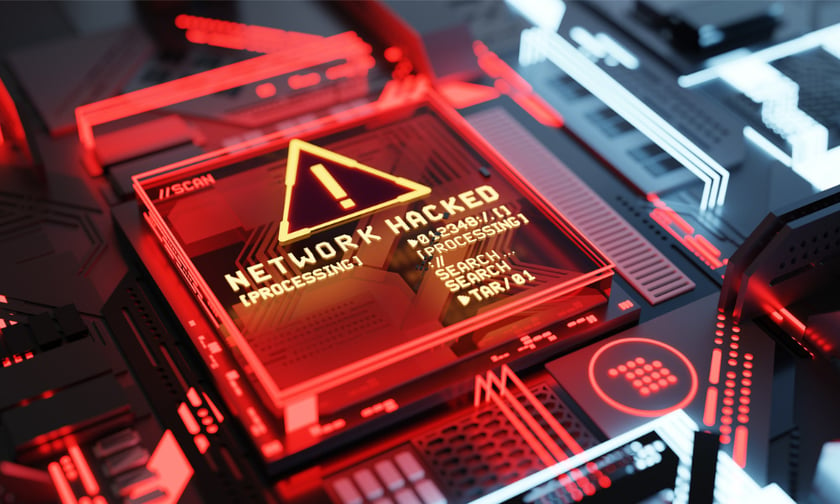

CyberCube has issued a warning about the increasing threat of cyberattacks on public sector entities, especially focusing on government and election infrastructure, in anticipation of heightened vulnerabilities during the upcoming US presidential elections and other global electoral activities.
In its latest report, “Global Threat Outlook, H1 2024”, CyberCube emphasizes the urgent need for government agencies to improve their cybersecurity defenses, strengthen election integrity, and work closely with cybersecurity professionals to address these challenges effectively.
The report also identifies eight sectors as particularly vulnerable to cyber threats, including: telecoms, IT, education, retail, arts & entertainment, financials, services, and healthcare — the latter being the most at-risk industry according to CyberCube’s analysis.
CyberCube noted that while sectors like banking and aviation are frequently targeted, they generally maintain stronger cybersecurity measures. Conversely, industries like mining and agriculture, although less targeted, represent potential growth areas for cyber re/insurers due to their relative lack of exposure to cyber threats combined with high security standards.
William Altman, CyberCube’s cyber threat intelligence principal, highlighted the critical nature of the threat, especially with the US presidential elections around the corner.
“The public sector becomes an increasingly attractive target for malicious actors seeking to sow chaos and undermine faith in democracy. Moreover, around 64 countries plus the European Union will hold national elections this year, involving nearly half of the world’s population,” he said.
“In some cases, the same cyber threat actors attempting to meddle in the US presidential election will also be active in other countries. Given the potential for significant attacks, bolstering defenses in the public sector is paramount in 2024 and beyond,” Altman said.
Additionally, the analysis delved into the activities of state-nexus cyber threat actors from countries such as Russia, Iran, and China, assessing their potential impact on critical infrastructures. Richard DeKorte, CyberCube’s cyber security consultant, elaborated on the expected trends involving these nations.
“CyberCube foresees an escalation in the attacks perpetrated by state-nexus threat actors targeting critical infrastructure,” he said. “Specifically, Iranian state-sponsored threat actors are likely to target critical infrastructure opportunistically. Russian and Chinese state actors are expected to strategically position themselves to disrupt infrastructure in sectors crucial to the national economy and security of the US and its allies.”
What are your thoughts on this story? Please feel free to share your comments below.
